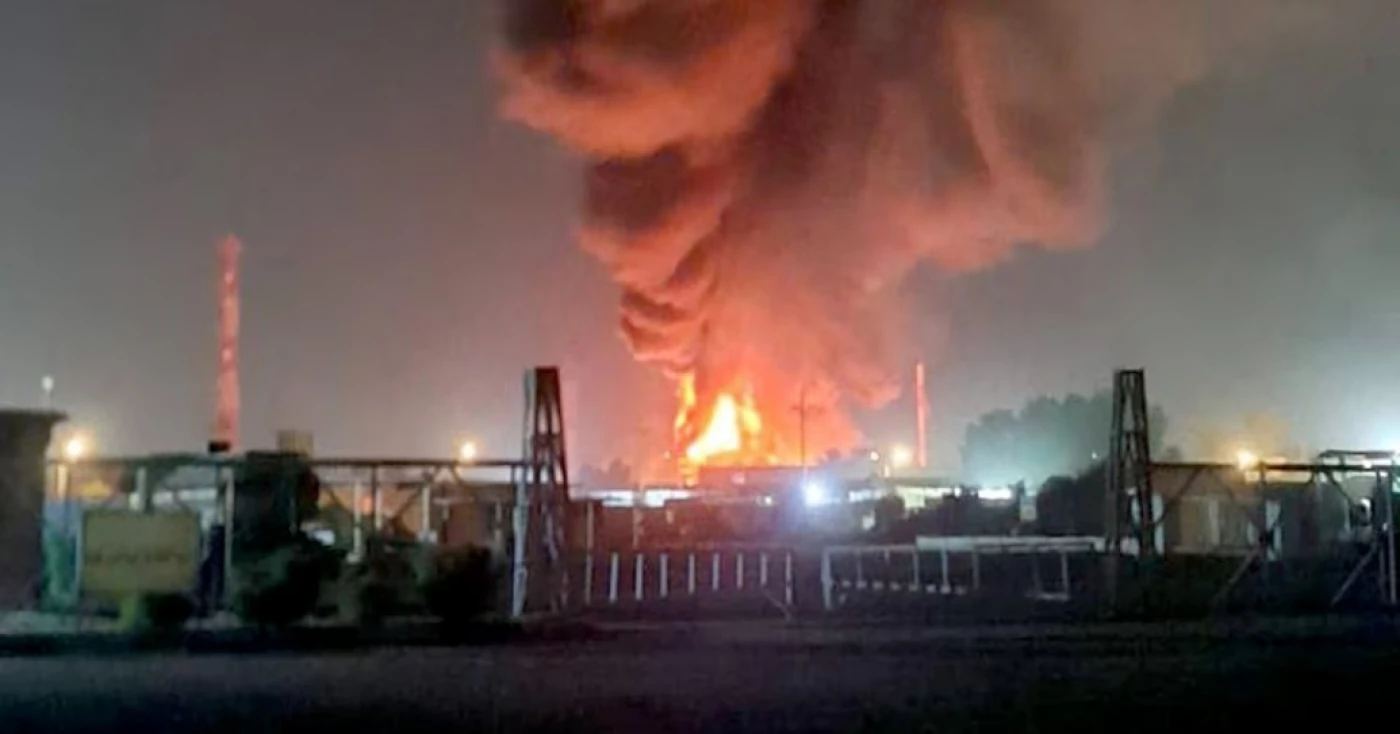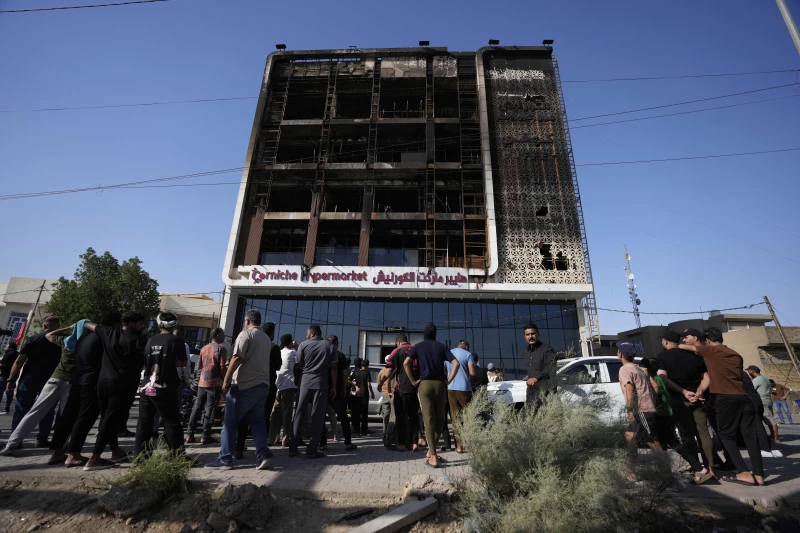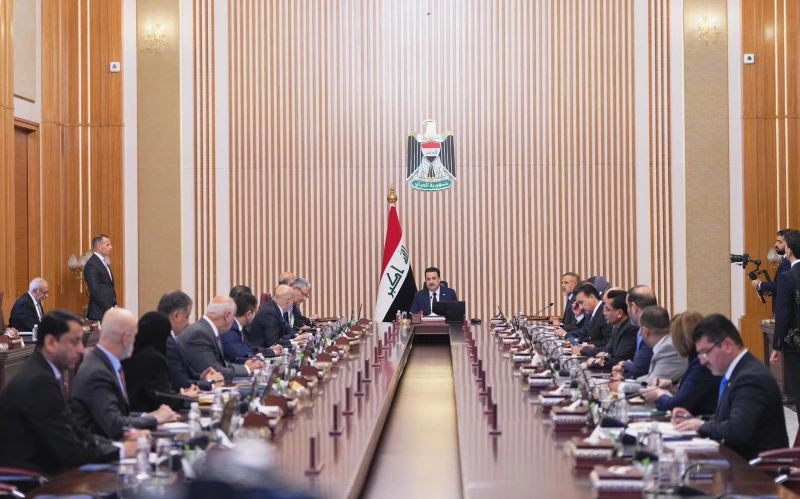ERBIL, Kurdistan Region of Iraq – A committee formed to investigate the recent attacks on radar sites belonging to the Iraqi Armed Forces on Friday revealed that the drones were manufactured outside of Iraq but launched from inside the country.
There has been a surge in drone attacks targeting vital infrastructure in Iraq and the Kurdistan Region, starting from the final hours of the Israel-Iran war in late June.
On June 24, Iraqi authorities announced they were launching an investigation into a barrage of drone strikes that targeted Iraqi military sites and bases, including Camp Taji near Baghdad, damaging its radar systems.
Camp Taji, located 27 kilometers north of the Iraqi capital, used to host troops of the US-led coalition before they withdrew from the base in 2020. The camp does not house any foreign personnel at present.
Sabah al-Numan, spokesperson for the commander-in-chief of the Iraqi armed forces, on Friday revealed the findings of the high-level committee tasked with investigating the incidents.
Numan said that “the origin of the drones used in the attacks has been identified,” adding, “It was determined that they carried warheads of various weights and were manufactured outside of Iraq.”
The spokesperson stated that the launch sites of the drones were accurately located, confirming that “they were launched from specific locations within Iraqi territory,” and also announced that they have uncovered “the entities involved in coordinating and carrying out these hostile operations.”
Security and strategic affairs expert Saif Raad told The New Region that the statement indicates the involvement of parties with “advanced technological capabilities or access to international arms markets.”
“Confirming that the drones were launched from locations within Iraqi territory means that the perpetrators have operational bases and locations inside the country—whether they are local factions or cells affiliated with external parties,” said Raad.
In another part of the statement, Numan said that all the drones used in the attacks “were of the same type, clearly indicating that a single party was responsible for the operation.” Raad claimed that this confirmation suggests “a centralized and unified organization behind the attacks,” and reduces the likelihood that the strikes were random or isolated.
“Keeping the identity of the perpetrators vague may be intended to prevent direct reactions or uncalculated escalation within the country—which could be exactly what the attacks were aiming to provoke,” the security expert noted.
Scores of armed groups in Iraq, many of which have been integrated into the state security apparatus, are backed by Iran and have frequently clashed with Tehran’s rivals in the country over the years.


 Facebook
Facebook
 LinkedIn
LinkedIn
 Telegram
Telegram
 X
X



